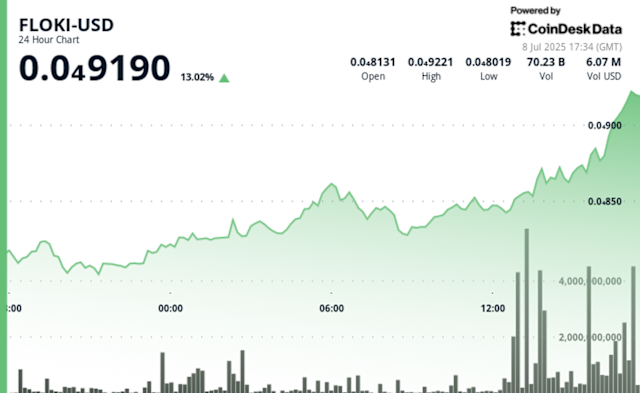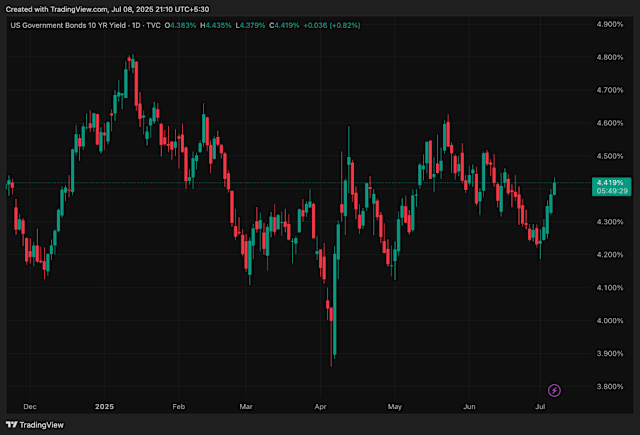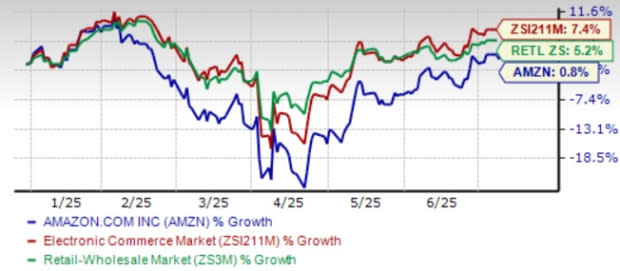
Relocating from an expensive metro area to a more affordable city is a great financial opportunity with the power to reshape long-term wealth. As cities like Austin and Dallas draw newcomers from costlier places like Los Angeles, San Francisco and New York, knowing what to do with the extra money can turn a cheaper life into a richer future.
Discover More: 9 Downsizing Tips for the Middle Class To Save on Monthly Expenses
For You: These Cars May Seem Expensive, but They Rarely Need Repairs
Andrew Reichek, CEO of Bode Builders and a real estate investor with over 15 years of experience, shared what he’s seen work best. His advice is built on helping clients successfully move from high-cost metros to lower-cost markets — and grow their savings in the process.
1. Reassign the Rent Savings
One of the most powerful financial advantages comes from lower housing costs. A move from a $4,000 rent in Los Angeles to a $2,200 mortgage in Austin leaves $1,800 in monthly savings. Reichek recommended dividing the difference with purpose by splitting the monthly surplus in two.
“Half goes into a high-yield savings account and half into long-term investments or a down payment fund for a rental property of their own,” Reichek said.
Over time, this structure can generate significant equity and savings. He said some of his clients have built six-figure wealth in under five years using this method.
Trending Now: 8 Frugal Habits You Should Never Quit, According to Frugal Living Expert Austin Williams
2. Audit Every Monthly Bill
Relocation is the perfect time to reprice life. Everything from utilities and insurance to internet plans and gym memberships often costs less in a new city but only if those adjustments are made.
“People had to make the switch themselves,” Reichek explained. “That meant shopping around, comparing providers and canceling anything they no longer needed.” He advised treating each monthly bill as negotiable. Even modest reductions can free up funds that fuel bigger financial goals.
3. Control Lifestyle Creep
Moving to a city where the cost of living is lower can create a false sense of abundance. Reichek warned that lifestyle creep, which means spending more simply because things are cheaper, can undermine long-term gains and wipe out the advantage of the move.
“Just because a town is less expensive doesn’t mean everything has to get upgraded,” he said. “Be frugal, save intentionally and take advantage of what I call geographic arbitrage. That cost difference is a financial edge.”
Staying mindful about spending helps preserve the margin for building wealth.
Story Continues4. Leverage the Gap for Investment
The concept of geographic arbitrage involves earning at one level while spending at another. When income remains steady and living costs drop, the resulting surplus can be used to build assets.
Rather than increasing discretionary spending, Reichek recommended putting the extra cash toward financial growth. This might include contributing to retirement accounts, building an emergency fund or investing in a rental property for passive income.
“A lower mortgage isn’t just relief. It’s a multiplier if the money gets reinvested,” he said.
That mindset shift is what separates financial progress from status quo.
5. Establish a Long-Term Financial Plan
Moving provides a natural opportunity to reset. Reichek emphasized the importance of using that moment to clarify goals and put systems in place.
He encouraged clients to create automated transfers into savings or investment accounts to ensure consistency.
“People who saved consistently and stayed disciplined with spending reached goals like homeownership or passive income far sooner than expected,” he said.
Lower costs alone aren’t enough. It is the financial habits developed during and after the move that determine future outcomes. Treating the move as a launchpad, rather than a reset, is where the lasting benefit lies.
More From GOBankingRates
-
3 Luxury SUVs That Will Have Massive Price Drops in Summer 2025
-
4 Things You Should Do if You Want To Retire Early
-
Here's the Minimum Salary Required To Be Considered Upper Class in 2025
-
10 Cars That Outlast the Average Vehicle
This article originally appeared on GOBankingRates.com: 5 Things To Do with Your Money When You Move to a Cheaper City













